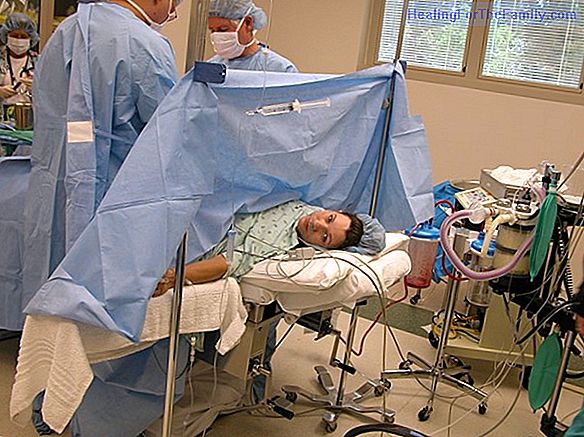Excessive salivation in pregnancy
One of the common symptoms in pregnancy is excess salivation, also called pialis or sialorrhea. The normal daily secretion is approximately 1 liter and increases at times of food intake, and may exceed 10 liters in cases of severe hypersalivation. Causes of excessive salivation in pregnancy It usual
One of the common symptoms in pregnancy is excess salivation, also called pialis or sialorrhea.
The normal daily secretion is approximately 1 liter and increases at times of food intake, and may exceed 10 liters in cases of severe hypersalivation.
Causes of excessive salivation in pregnancy

It usually occurs around the sixth week of pregnancy, and disappear normally around the 20th week of gestation spontaneously, although some women remain with this uncomfortable disorder until they give birth.
It is one of the symptoms least studied by doctors, and there is little bibliography of scientific interest, since it gives more importance to other digestive symptoms such as nausea and vomiting.
The most commonly attributed cause is the hormonal alteration typical of these months, and is often associated with nausea and vomiting that women present in these weeks. Another possible cause of increased salivation is gastroesophageal reflux, which occurs or aggravates in pregnancy.
A curious and interesting fact is that the sialorrhea disappears when the woman goes into deep sleep.
Home remedies against excessive salivation in pregnant women
There are many home remedies to control this disorder or at least to reduce the annoyance of having a mouth full of saliva, although the most important thing is to reassure the future mother telling her that it is not a worrisome symptom, although it is annoying. How can we improve the symptoms ?:
- Eat foods that do not cause a great attraction to the pregnant woman, in the sense that it does not potentiate salivary secretion.
- Dental brushing as soon as the first symptoms begin to be felt
- Chewing gum to help swallow excess accumulated saliva.
- Mouth rinses.
- Meals in small quantities and frequent.












